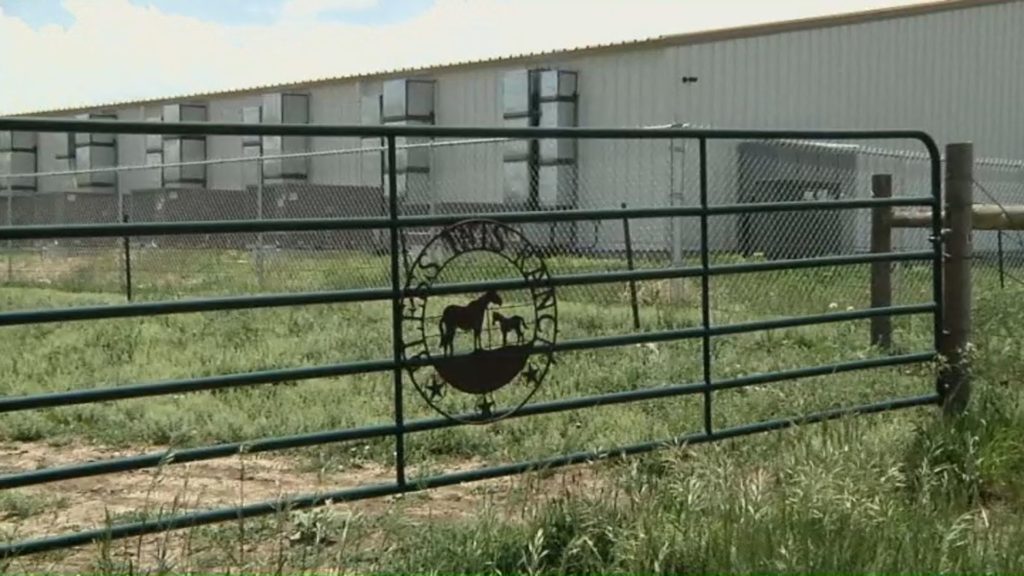DENVER – A trial is underway in federal court in Denver that has far-reaching implications for legalized cannabis across the United States. Ranchers Michael and Phillis Reilly from Colorado City filed the suit back in 2015 with help from the Safe Streets Alliance against their neighbor Parker Walton and his Cannacraft grow house. The Reillys initially sought a court injunction to effectively stop marijuana legalization under Amendment 64.
Pueblo County, the Board of County Commissioners, the State Colorado and Governor John Hickenlooper were all named as co-defendants. In the Reillys’ view, they were complicit under the federal Racketeer Influenced and Corrupt Organizations (RICO) statute.

However, the 10th Circuit Court of Appeals ruled in June of 2017 that government defendants could be removed from the complaint. The high court allowed the lawsuit against Walton to proceed.
The Reilly’s central complaint is that the value of their property was damaged by Walton and Cannacraft because of odors emitted by the grow house and that the building blocks their view.
Vanderbilt University Law Professor Robert Mikos has spent the last decade researching, writing and lecturing about marijuana law and policy. He said the Reilly’s will have to prove that the value of their property was damaged.
“Part of what they’ll need to prove here is that either their land value has gone down, the value of their property that they own which is next to this marijuana supply operation, and that’s because of the smell, among other reasons.”
If the jury finds in the favor of the Reillys, it could be a very expensive verdict. Mikos explained that lawsuits like this which are filed under RICO automatically triple the damages awarded. There’s no getting around the fact that marijuana is still illegal under federal law.
“There’s no question that this company has violated the federal RICO statute,” Mikos said. “In fact, every state-licensed marijuana business in the country, I think it’s safe to say, is violating the RICO statute.”
Stakes are high for the Reilly’s as well. If the jury finds in favor of Walton, Mikos said it will become much harder for others to sue on similar grounds.
Mikos said the marijuana industry should expect more lawsuits if the Reilly’s prevail.
“People are going to be watching this claim and if it ultimately prevails, you may see more copycat lawsuits brought elsewhere based on the same sort of allegations.”
At least three lawsuits have already been filed in courts in California, Oregon, and Massachusetts. Earlier this month, Walton created a page on the crowdfunding website GoFundMe to assist with costs associated with the litigation.

